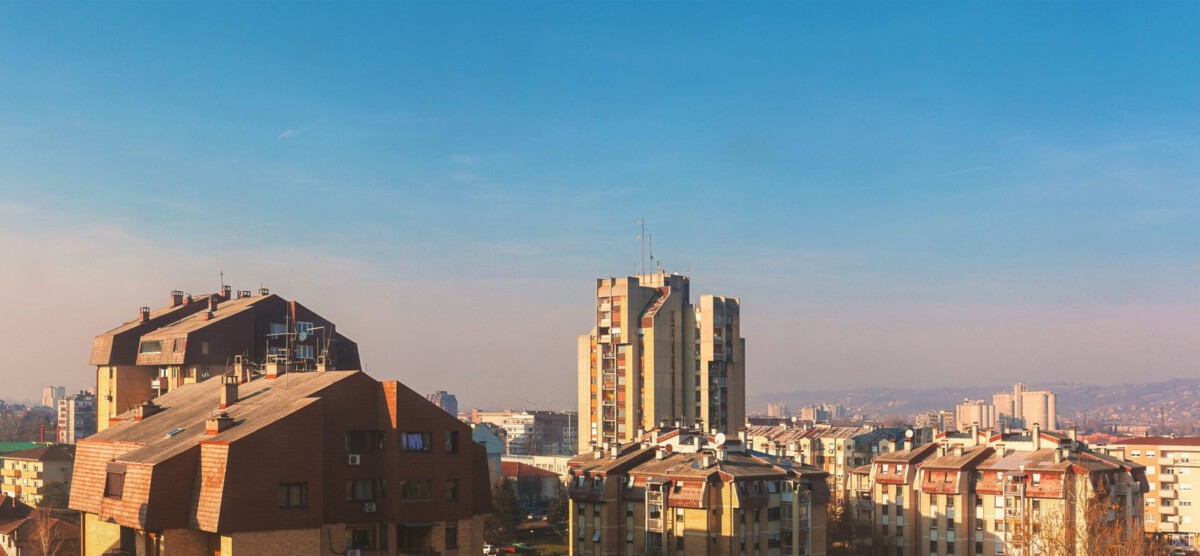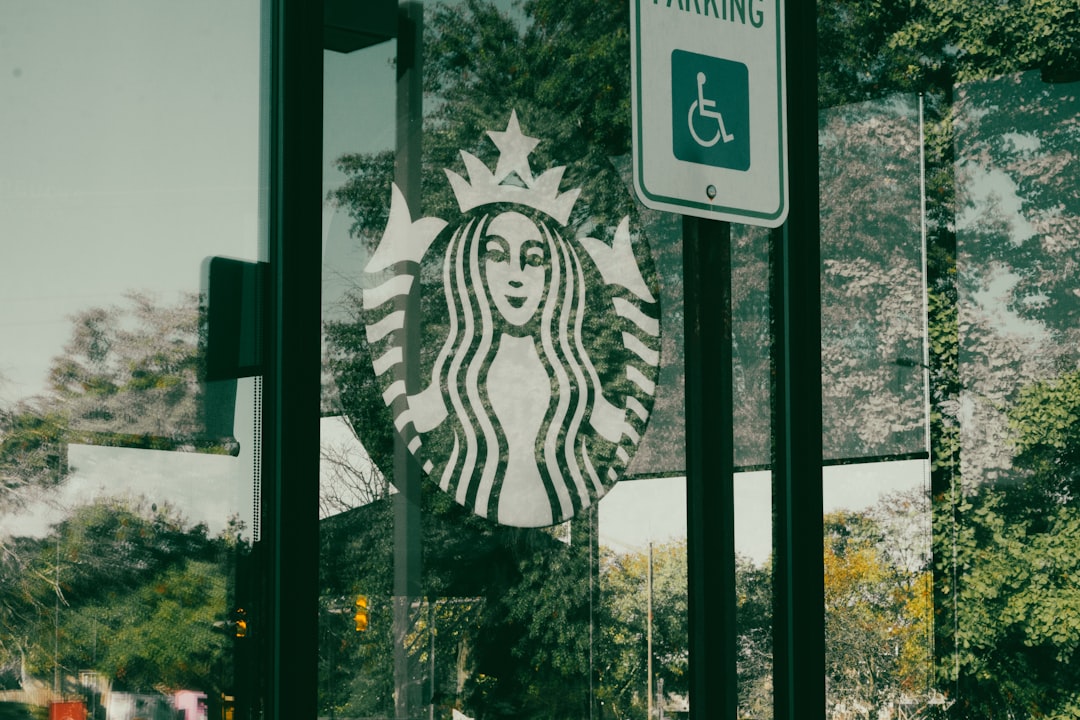Affordable Cost of Living

It’s almost shocking how affordable life is in the Balkans compared to Western Europe or North America. In 2025, digital nomads can rent a cozy apartment in Sofia, Bulgaria for about €400 a month, or snag a place in Belgrade, Serbia for even less—sometimes as low as €300. Groceries, public transport, and eating out are also very budget-friendly, which means more money is left over for travel and experiences. For many remote workers, this affordability can be life-changing, allowing them to save money or simply enjoy a better quality of life. With inflation squeezing budgets worldwide, the Balkans offer a refreshing alternative where your money goes further every day. Many nomads reveal that moving to the region lets them afford things they couldn’t dream of back home, like regular café visits, weekend trips, or even yoga classes. The low cost of living is not just a bonus—it’s a main reason why so many are making the leap.
Fast Internet Connectivity

Fast and reliable internet is a lifeline for digital nomads, and the Balkans are delivering in 2025. Countries like Serbia, Croatia, and Bulgaria are boasting average internet speeds above 70 Mbps, putting them neck and neck with Western European capitals. According to Ookla’s Speedtest Global Index, Serbia’s internet speed is among the top in the region, making video calls, uploads, and streaming a breeze. Co-working spaces and cafes across cities like Zagreb, Sofia, and Skopje offer free, high-speed Wi-Fi, which is a must-have for remote workers. Even in smaller towns and coastal villages, digital nomads report strong 4G and 5G connections. This dependable connectivity takes away the stress of dropped calls or missed deadlines. The Balkans may surprise you—some nomads claim the internet here is faster than what they had in London or New York.
Rich Cultural Heritage

The Balkans feel like a living museum, bursting with stories and beauty at every corner. Digital nomads find themselves surrounded by ancient Roman ruins in Split, Ottoman mosques in Sarajevo, and the medieval charm of cities like Ohrid or Kotor. Every day feels like an adventure, from wandering cobbled streets to discovering centuries-old traditions still alive in markets and festivals. The depth of history is truly moving—many nomads are inspired to learn about the region’s turbulent past and vibrant present. Local museums, art galleries, and open-air concerts offer endless opportunities to soak up culture. For anyone seeking inspiration or a change of scenery, the Balkans offer a front-row seat to history and creativity. It’s not just sightseeing—living here means being part of a living, breathing culture.
Vibrant Community of Nomads

The Balkans’ digital nomad community is growing fast, and the energy is contagious. Cities like Zagreb, Tirana, and Skopje are buzzing with remote workers from all over the world. Co-working hubs and digital nomad meetups are now regular events, making it easy to connect, share ideas, or just grab a drink with new friends. Facebook groups and WhatsApp chats help people settle in quickly, offering advice on everything from the best local SIM card to hidden cafes. Many nomads say the sense of camaraderie is what keeps them coming back year after year. This network of like-minded people is a safety net and a source of motivation. In the Balkans, it’s easy to feel at home, even if you arrived yesterday.
Natural Beauty and Outdoor Activities

It’s hard not to fall in love with the natural wonders of the Balkans. Picture yourself working by the turquoise lakes of Montenegro, taking weekend hikes in the Dinaric Alps, or swimming in the crystal-clear waters of the Adriatic coast. From skiing in Bulgaria’s Bansko resort to paragliding over Lake Ohrid, adventure is always just a step away. National parks like Durmitor and Plitvice are world-famous for their beauty and biodiversity. Many digital nomads find that the access to nature helps them recharge and maintain a healthy work-life balance. The region’s mild climate means outdoor activities are possible nearly year-round. For many, the Balkans are not just a place to work—they’re a playground for the soul.
Growing Infrastructure for Remote Work

The Balkans are rolling out the red carpet for digital nomads in 2025. Bulgaria and Croatia have launched special visas for remote workers, making it easier to live and work legally. Co-working spaces are popping up in cities and even small towns, providing modern amenities, stable internet, and a professional environment. Albania, for example, has invested in new co-living and co-working projects on the coast, attracting waves of international freelancers. Improved public transport, better roads, and more flights mean getting around the region is easier than ever. Even traditional businesses are adapting, offering flexible services tailored to nomads’ needs. The message is clear: the Balkans want you here, and they’re making it easy to stay.
Diverse Language Skills

While English is widely spoken, especially among young people and in urban areas, the Balkans’ linguistic diversity is remarkable. Each country has its own language—Serbian, Croatian, Bulgarian, Albanian, and more—but many people are multilingual, often speaking two or three languages fluently. For digital nomads, this is a chance to pick up a new language or improve their communication skills. Many locals are eager to practice English, making daily life easier for foreigners. Language schools and online courses are affordable, so learning the basics of the local language is within reach. Engaging with locals in their native tongue often leads to richer experiences and friendships. The region’s multilingualism is both practical and inspiring.
Safety and Stability

Safety is a top priority for travelers, and the Balkans score well in this area. Slovenia and Croatia are among the safest countries in Europe, with very low crime rates and welcoming communities. Even in larger cities, violent crime is rare, and most incidents are limited to petty theft. The region has seen significant political and economic stability over the past decade, which gives nomads peace of mind. Women traveling alone frequently report feeling safe, both during the day and at night. Police and emergency services are reliable and responsive, further boosting confidence among visitors. For anyone looking to settle somewhere secure, the Balkans offer a reassuring environment.
Culinary Delights

Food in the Balkans is a feast for the senses. Each country boasts its own dishes, influenced by Mediterranean, Slavic, and Ottoman flavors. In Serbia, try hearty stews and grilled meats; in Croatia, savor fresh seafood and olive oil; in Bulgaria, taste banitsa and shopska salad. Local markets overflow with fresh produce, cheeses, and homemade pastries. Eating out is affordable, so many nomads enjoy sampling traditional food at restaurants or street stalls. Cooking classes and food tours are popular ways to dive deeper into culinary traditions. For foodies, the Balkans are an endless adventure—every meal tells a story.
Opportunities for Networking and Collaboration

The Balkans are emerging as a hub for creative professionals and entrepreneurs. Co-working spaces regularly host workshops, hackathons, and networking nights, offering chances to meet collaborators or find new gigs. Startups and tech companies are springing up in cities like Belgrade and Sofia, creating a dynamic ecosystem. Many digital nomads have found new clients, business partners, or mentors simply by showing up at local events. The culture of sharing and mutual support is strong—people are quick to offer advice or a helping hand. The region’s openness to innovation and creativity makes it an exciting place to work and grow professionally.
Unique Travel Opportunities Within Reach

The Balkans are perfectly positioned for travel lovers. With so many countries packed into a small area, it’s easy to hop from the beaches of Albania to the mountains of Montenegro, or from the nightlife of Belgrade to the vineyards of North Macedonia. Cheap buses, trains, and budget airlines connect the region, making spontaneous weekend trips a breeze. Many nomads take advantage of their flexible schedules to explore neighboring countries without breaking the bank. The mix of cultures, cuisines, and landscapes is endlessly fascinating. For those with a restless spirit, the Balkans are a gateway to adventure on every horizon.







